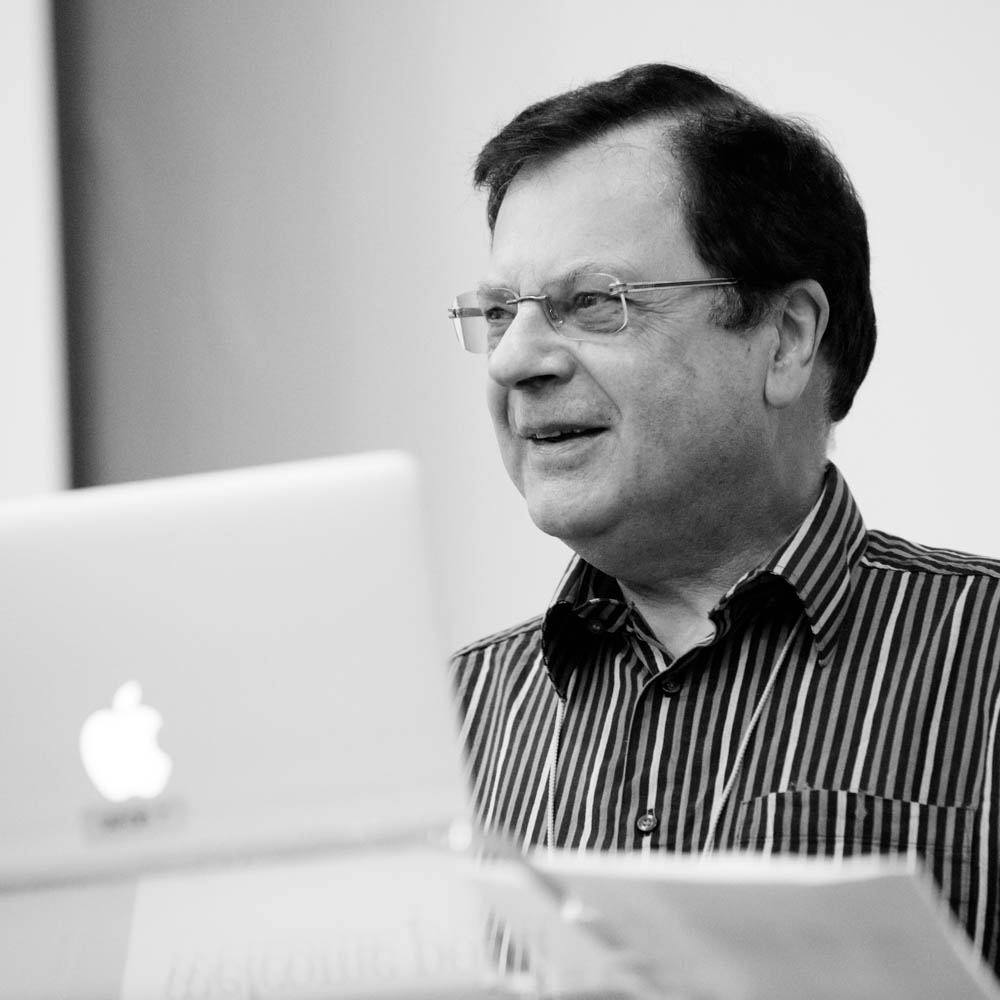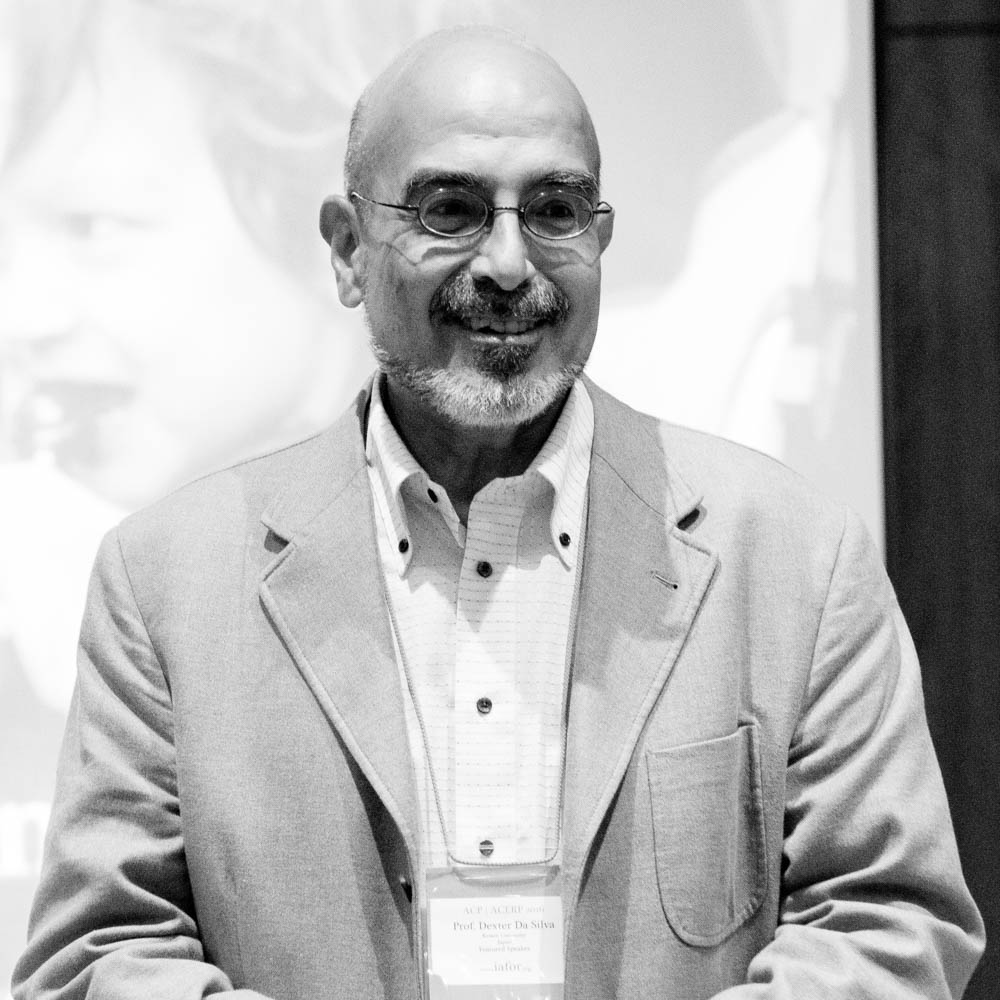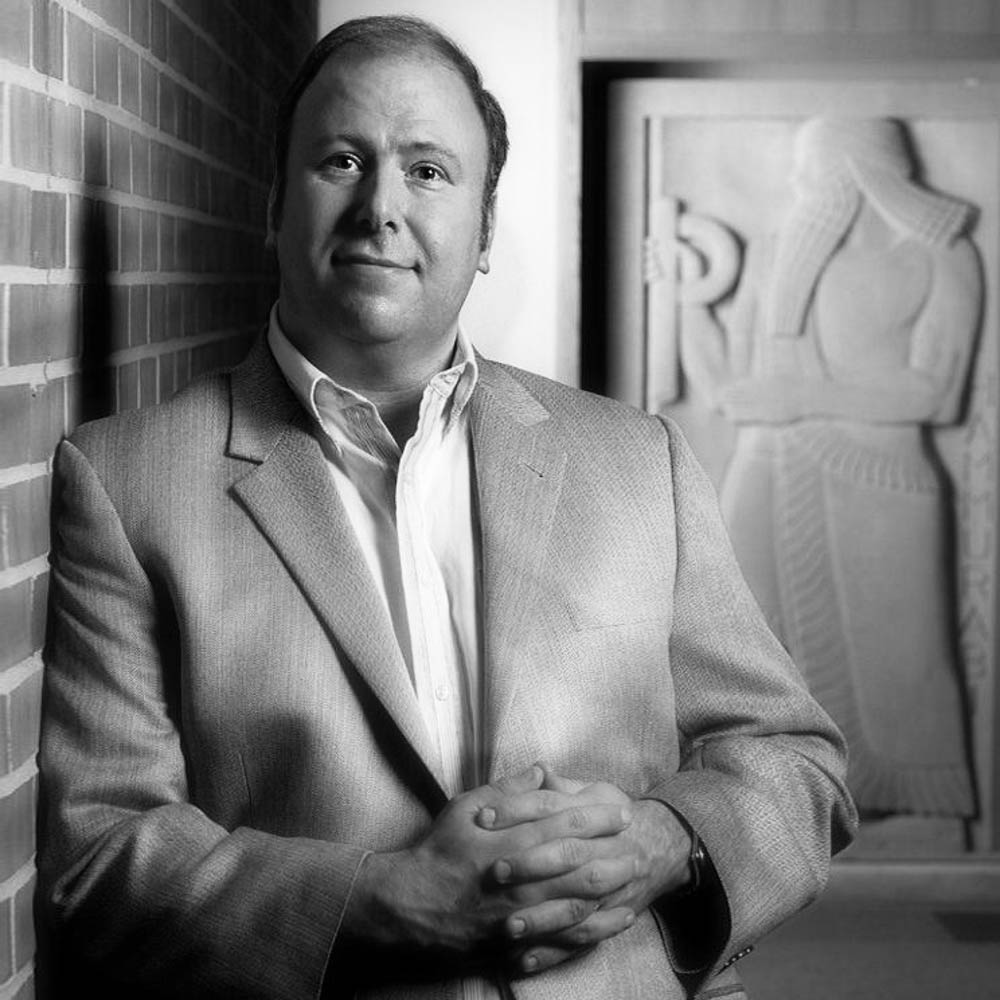“Surviving and Thriving in Times of Change”
July 3–4, 2018 | The Jurys Inn Brighton Waterfront, Brighton, UK
 The way we think, reason and behave as individuals, as communities and societies is in a process of constant change and renegotiation. The only constant of change is change itself, as Heraclitus most famously put it some 2,500 years ago. Change may not be new, but its pace, assisted and facilitated by advanced technologies, means these processes have never been faster. While in some ways we have grown together through the processes of globalisation, in others we have become more isolated, marginalised and alienated. Religious traditions, and the relationship between religion and civil society, have also faced dramatic change.
The way we think, reason and behave as individuals, as communities and societies is in a process of constant change and renegotiation. The only constant of change is change itself, as Heraclitus most famously put it some 2,500 years ago. Change may not be new, but its pace, assisted and facilitated by advanced technologies, means these processes have never been faster. While in some ways we have grown together through the processes of globalisation, in others we have become more isolated, marginalised and alienated. Religious traditions, and the relationship between religion and civil society, have also faced dramatic change.
This conference’s theme of “surviving and thriving” in these times of change invites us to continue to consider this large question through the traditions and lenses of studies associated with religion, philosophy and ethical studies.
The role of religion is seen by many as having no place in the modern world. Where and when it does wield influence it is often viewed as inappropriate or malevolent, and as a barrier to “progress” and “modern” thinking. In today’s fast-paced and technology driven world are the study of philosophy and ethics useful, or are they similarly becoming irrelevant and ossified? What is the continued role and relevance of ethics, religion and philosophy, as subjects to be studied, discussed and lived as core parts of our individual and collective lives? How can they help us stay resilient in the face of challenges and failures? How can they help us overcome the various difficulties that life brings?
Programme
Speakers
Organising Committee
The Conference Programme Committee is composed of distinguished academics who are experts in their fields. Conference Programme Committee members may also be members of IAFOR's International Academic Board. The Organising Committee is responsible for nominating and vetting Keynote and Featured Speakers; developing the conference programme, including special workshops, panels, targeted sessions, and so forth; event outreach and promotion; recommending and attracting future Conference Programme Committee members; working with IAFOR to select PhD students and early career academics for IAFOR-funded grants and scholarships; and overseeing the reviewing of abstracts submitted to the conference.
Review Committee
ECERP2018/ECP2018
- Dr Syed Aalam, The University of Sargodha, Pakistan
- Dr Ross Halpin, University of Sydney, Australia
- Dr Talat Islam, University of the Punjab, Pakistan
- Dr Maila Dinia Husni Rahiem, Universitas Islam Negeri, Indonesia
- Dr Monty P. Satiadarma, Tarumanagara University, Indonesia
- Dr Paul Shrell-Fox, The Schechter Institutes & Efrata Academic College, Israel
- Dr Marco Vassallo, Council for Agricultural Research and Economics, Italy
- Dr Fengqing Zhu, Harbin Institute of Technology, China
IAFOR's peer review process, which involves both reciprocal review and the use of Review Committees, is overseen by conference Organising Committee members under the guidance of the Academic Governing Board. Review Committee members are established academics who hold PhDs or other terminal degrees in their fields and who have previous peer review experience.
If you would like to apply to serve on the ECERP2019 Review Committee, please visit our application page.




















